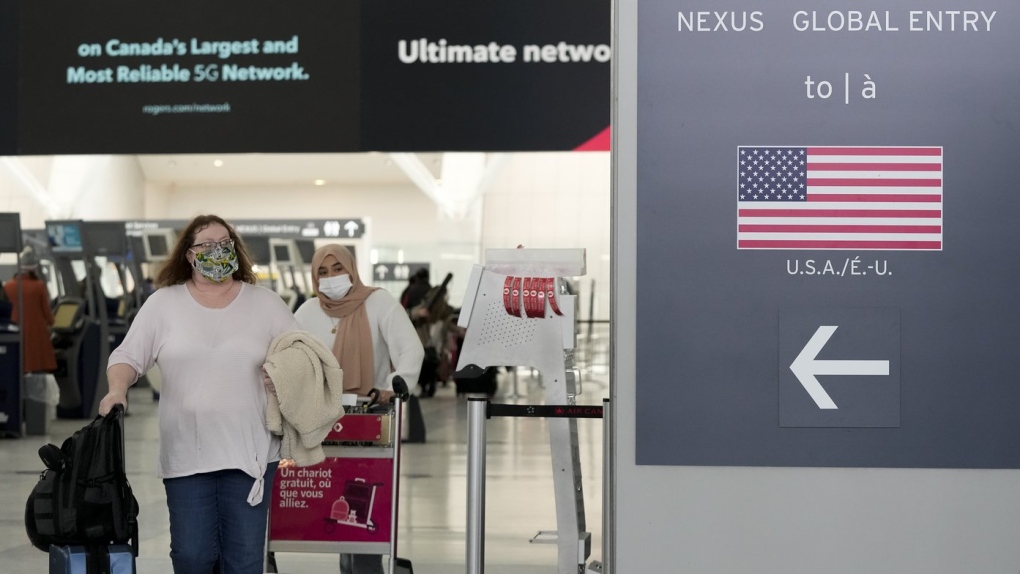
The possibility of touring the United States could be out of reach for many Canadian musicians after Homeland Security proposed an increase to visa fees for international entertainers.
The U.S. agency proposed a rate increase of more than 250 per cent, says the Canadian Federation of Musicians, which would bring the fee to more than US$1,600 from about US$460.
“Early and mid-career-level musicians feel this increase would completely bar them from performing in the U.S., especially amid inflation and rising costs of living nationally,” the CFM said in a written statement.
Liana White, executive director of the CFM, said the increase proposed by Homeland Security is partly because they haven’t increased the rate since 2016.
“They’re citing that this will help them hire additional people who will help them get past the backlogs,” said White, adding that inflation rates might also be a contributing factor.
“There has not been a 250 per cent increase in inflation nor cost of living, so that this is highly out of whack with that standard.”
The CFM says touring in the United States is beneficial to Canadian musicians because the it’s a big market that’s close by.
“It is unfortunate, but a reality that Canadian musicians most often find their success in the U.S.,” said the CFM.
Rosalyn Dennett, executive director of Folk Music Ontario, said with the cost of gas, housing, travel, food and accommodation increasing across the country, touring in Canada has become unsustainable.
“Canada is a big country and our markets are far apart,” Dennett said.
“As a musician, if you’re going from gig to gig across the country, or even across some of our provinces, you’re driving for an entire day before you’re getting to the next available market to play in.”
Montreal-based musician Marlaena Moore said she’s still in debt from the cost of touring Canada last year.
“I love touring, but the cost of everything really starts to weigh on you,” Moore said.
She said with few big cities in Canada, it can be hard for musicians beginning their careers to even break into the scene.
White said the music industry in Canada has yet to bounce back from the COVID-19 pandemic. She said on top of inflation, decreasing ticket sales and shuttered venues, the increased cost of visas could prove to be another barrier for artists who are already struggling to make ends meet.
The Department of Homeland Security will be accepting comments on the proposal until March 6, which Dennett said is an action Americans can take to advocate for their Canadian counterparts.
“One of the best things we can just do is mobilize our American colleagues, friends and family,” said Dennett, adding that Canadians and international stakeholders don’t have a say in U.S. policy.
“We are steadfastly continuing our lobbying initiatives and attacking this situation from every angle we can think of,” White said.
